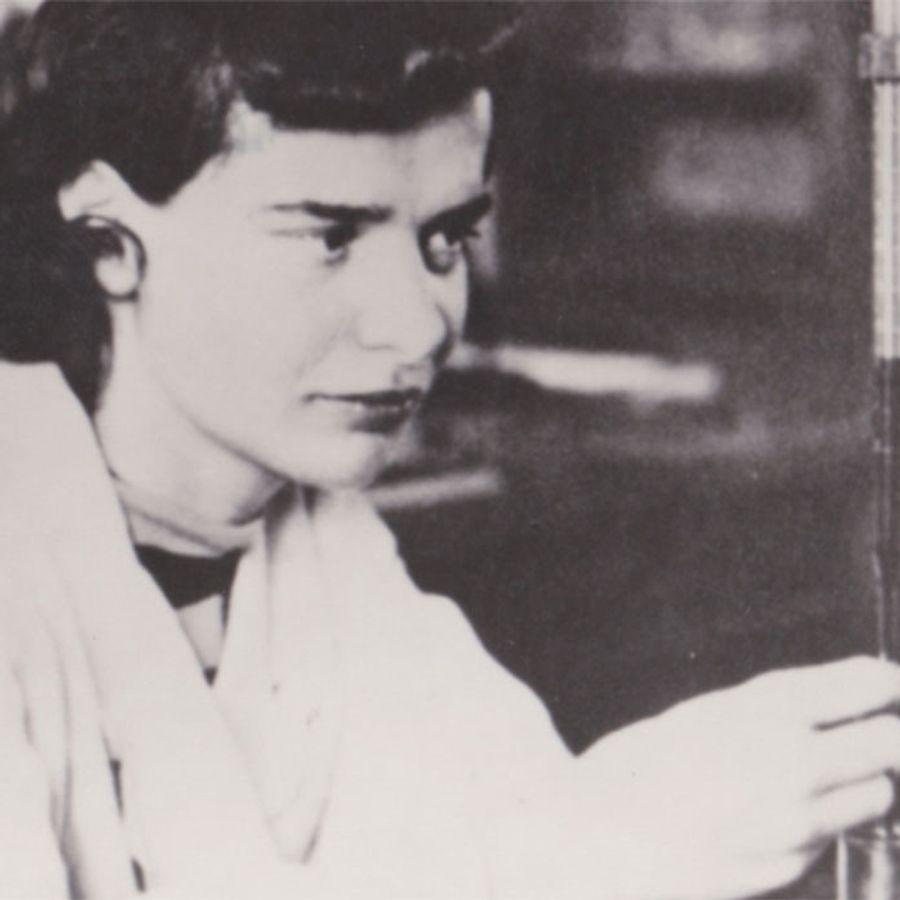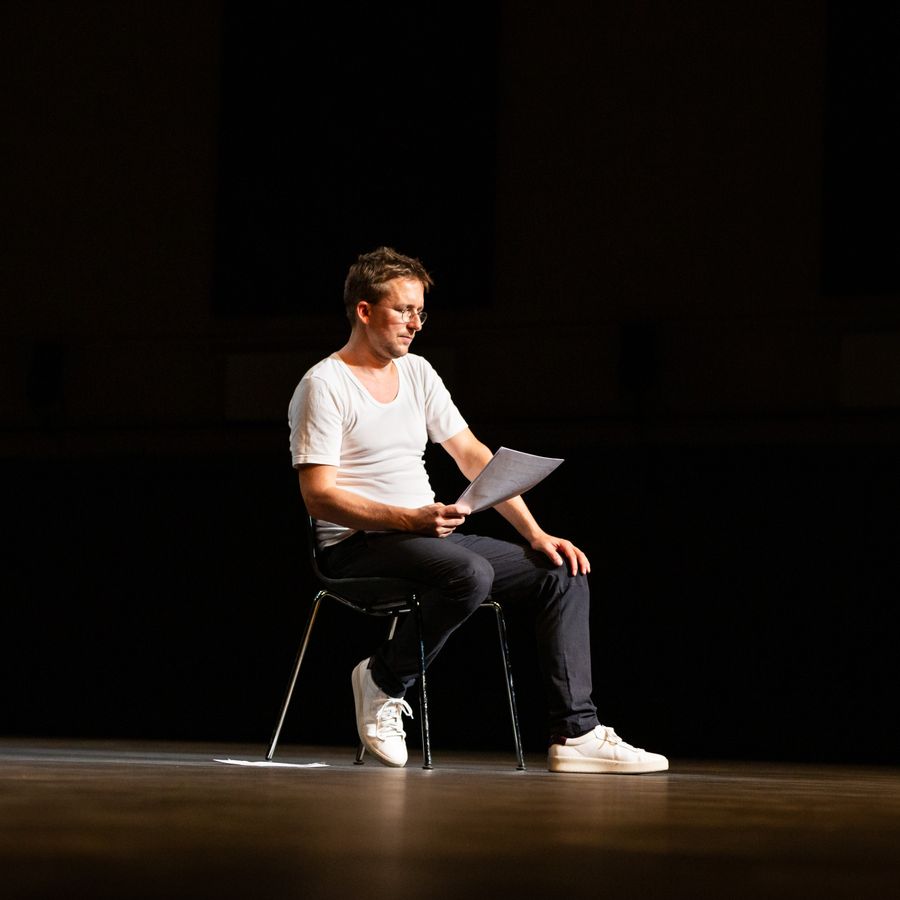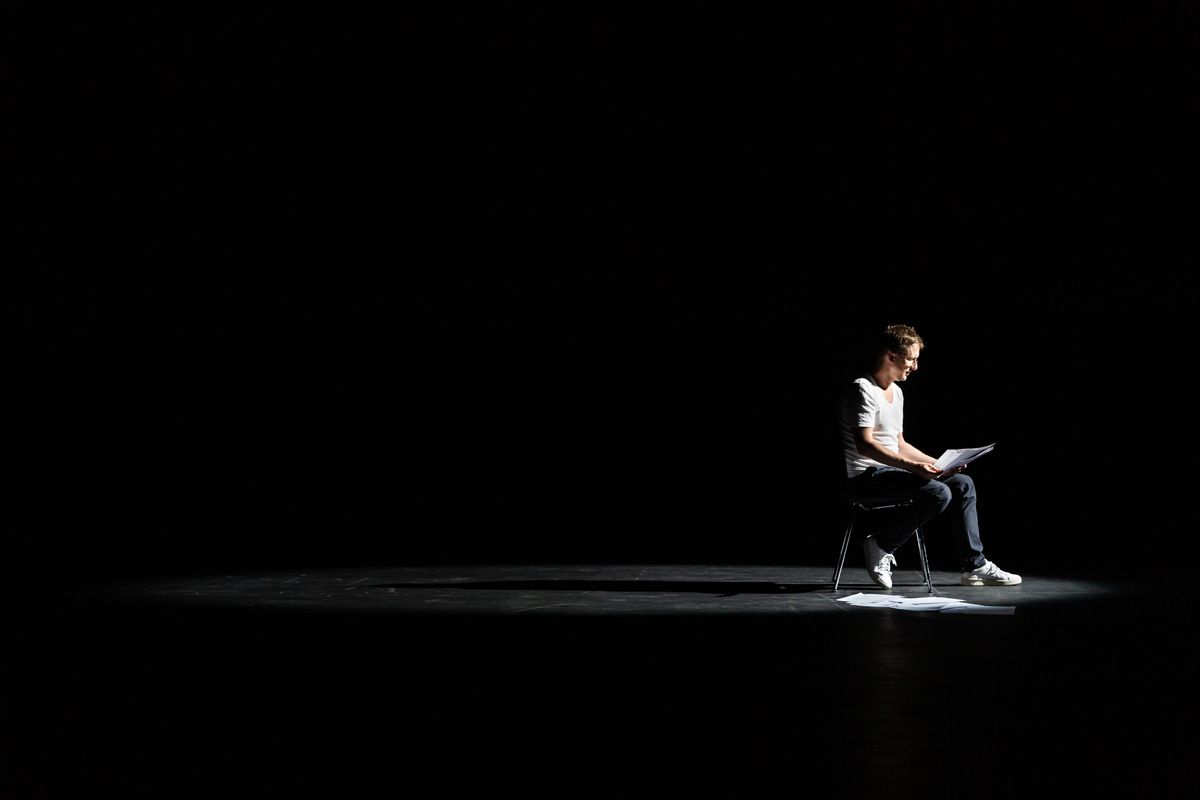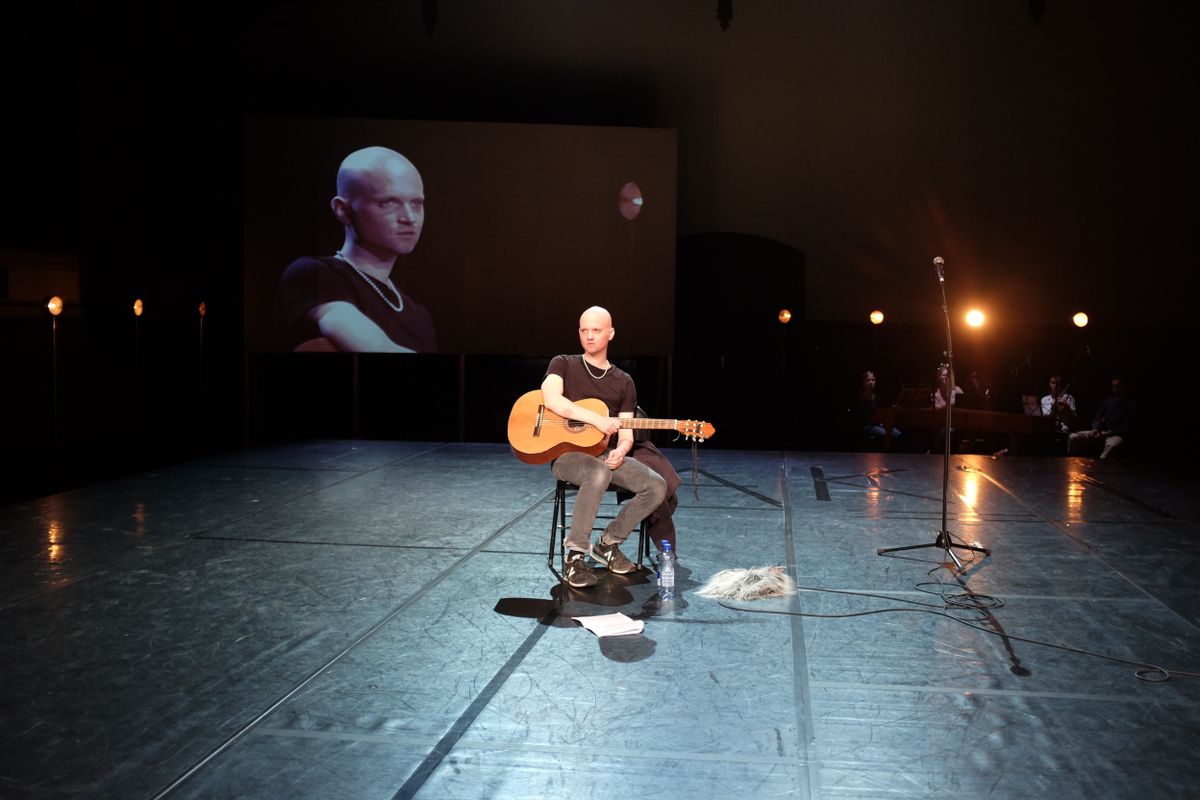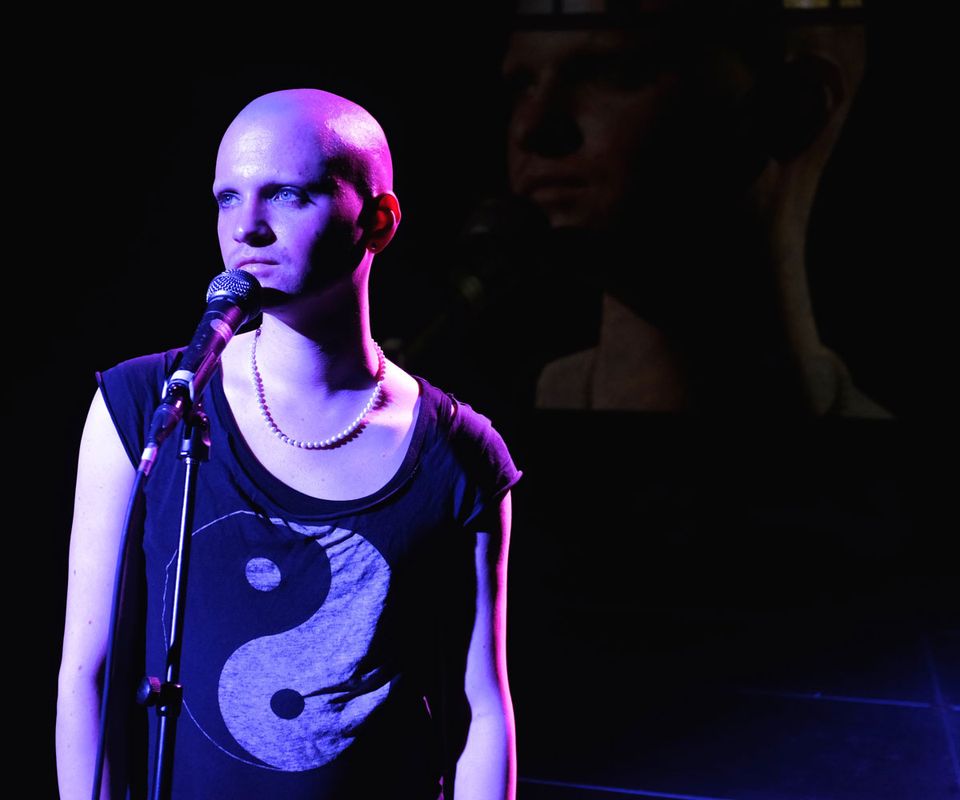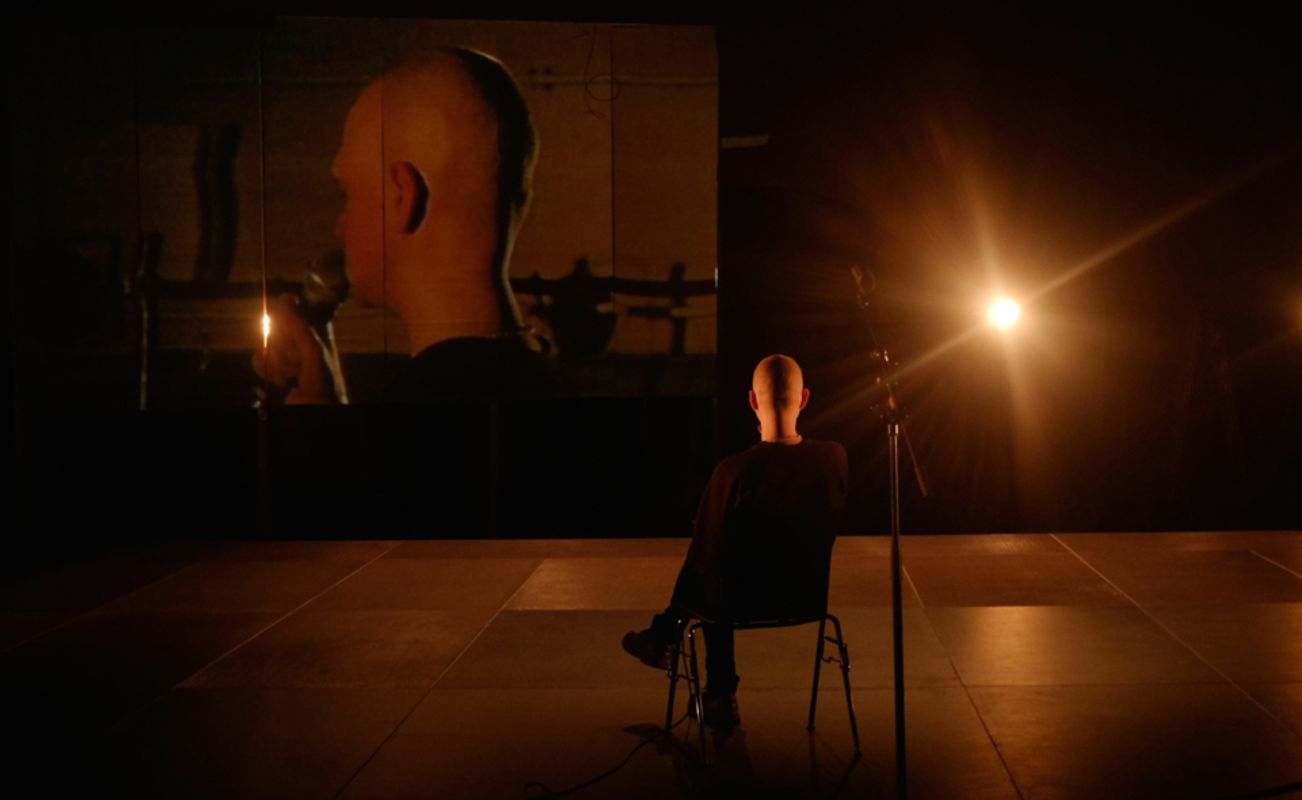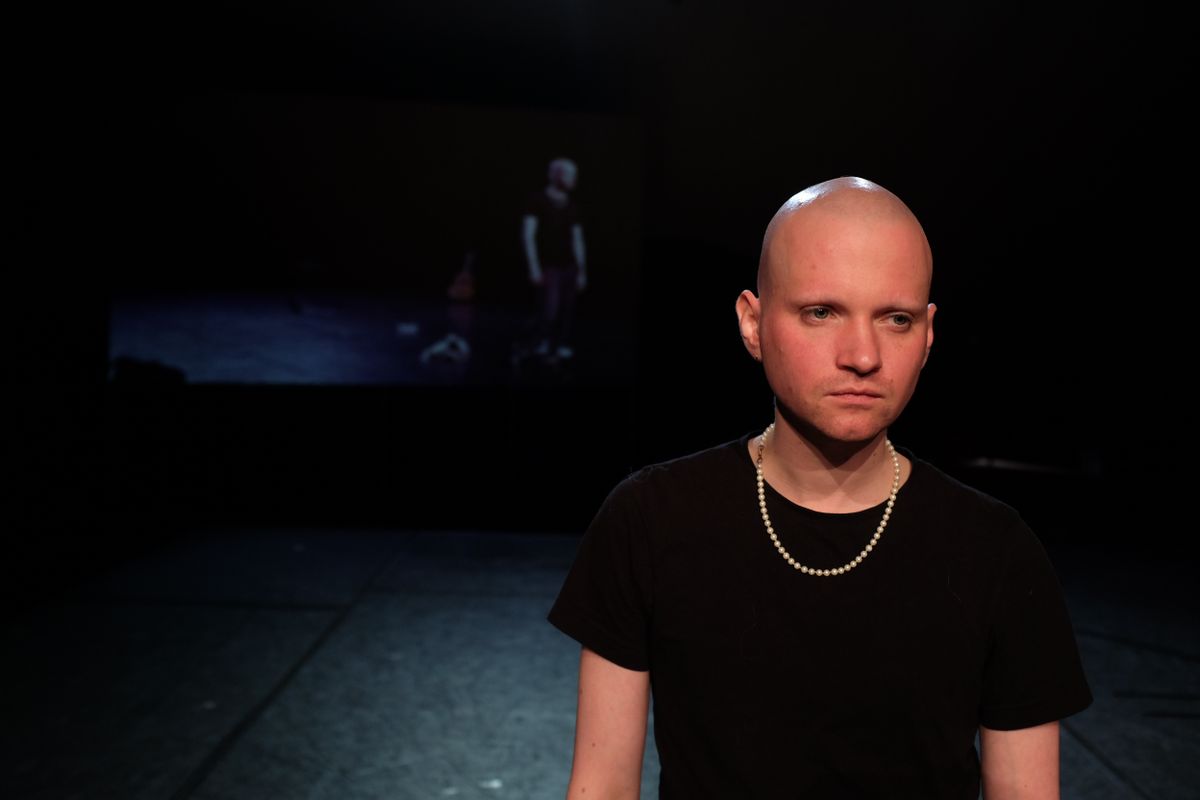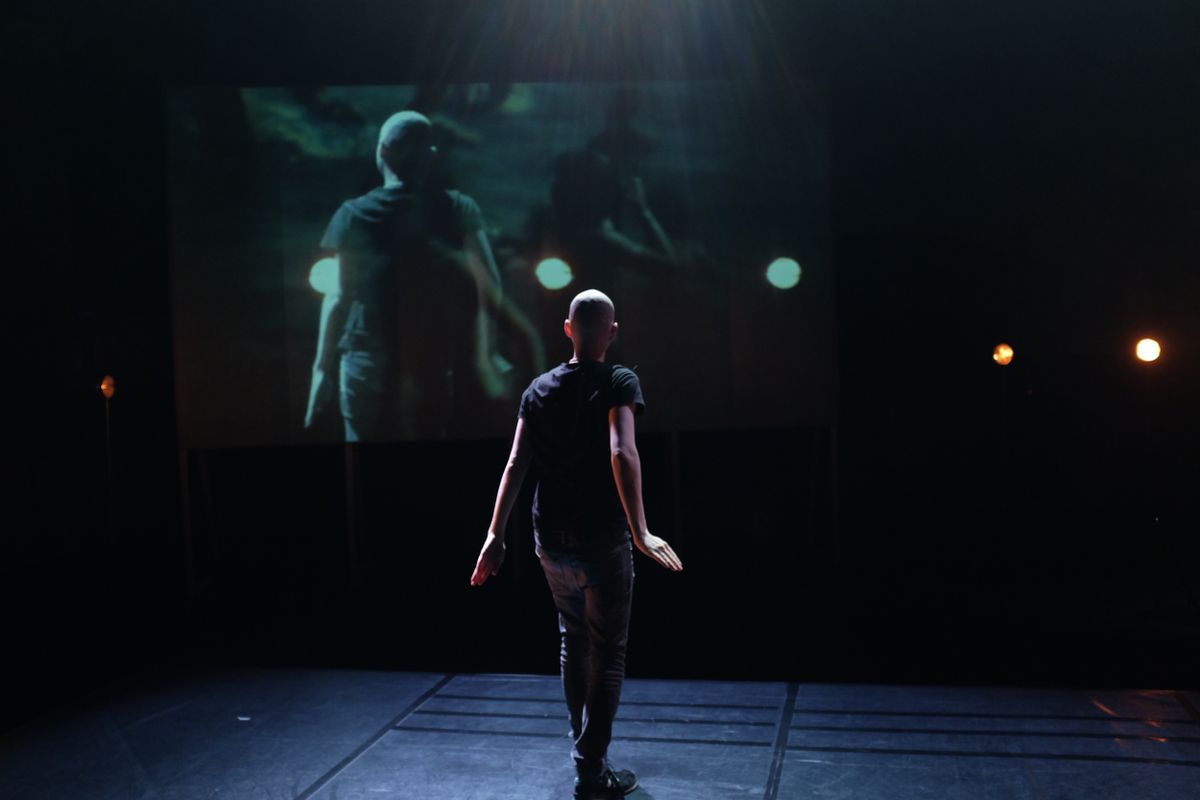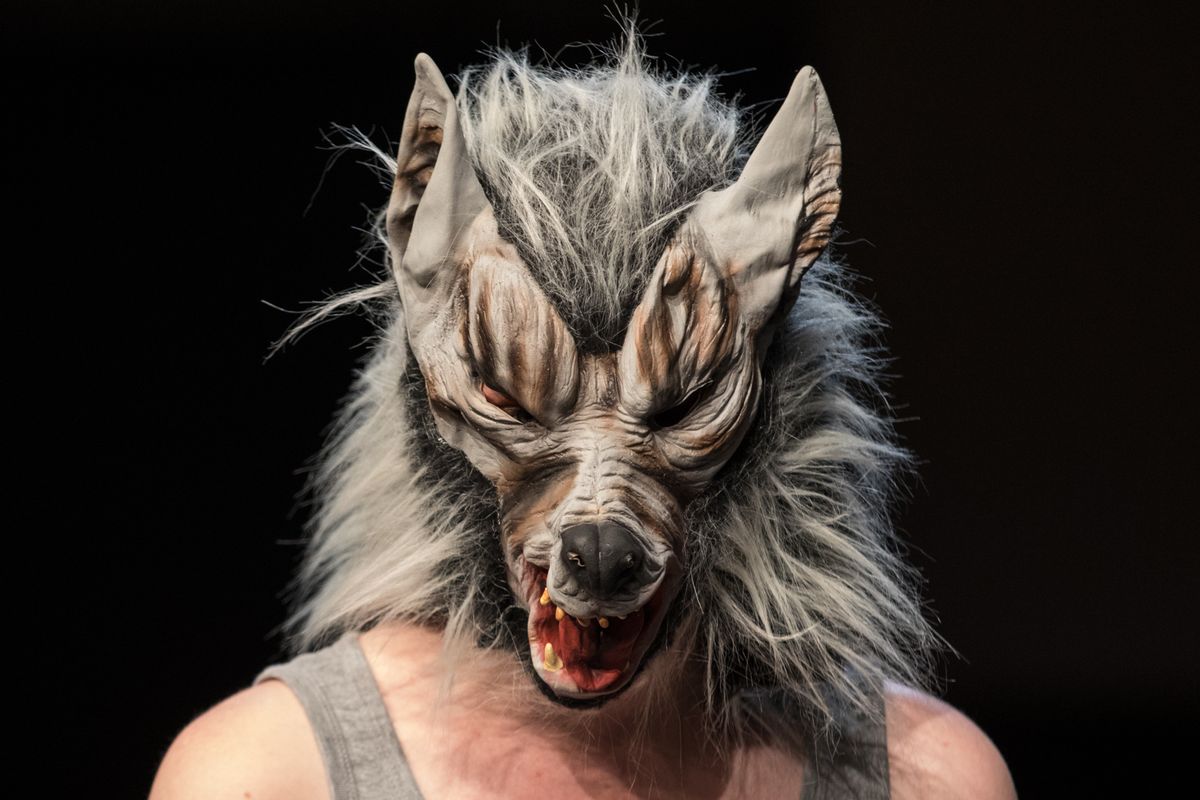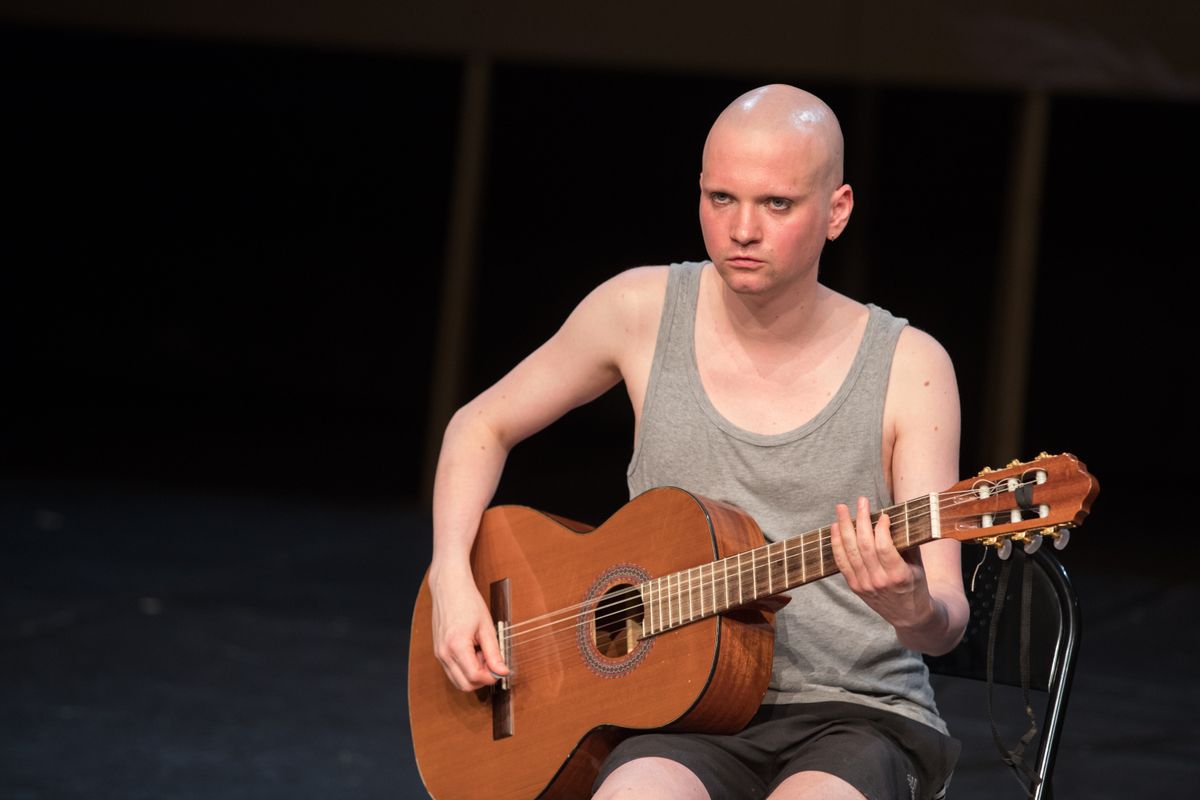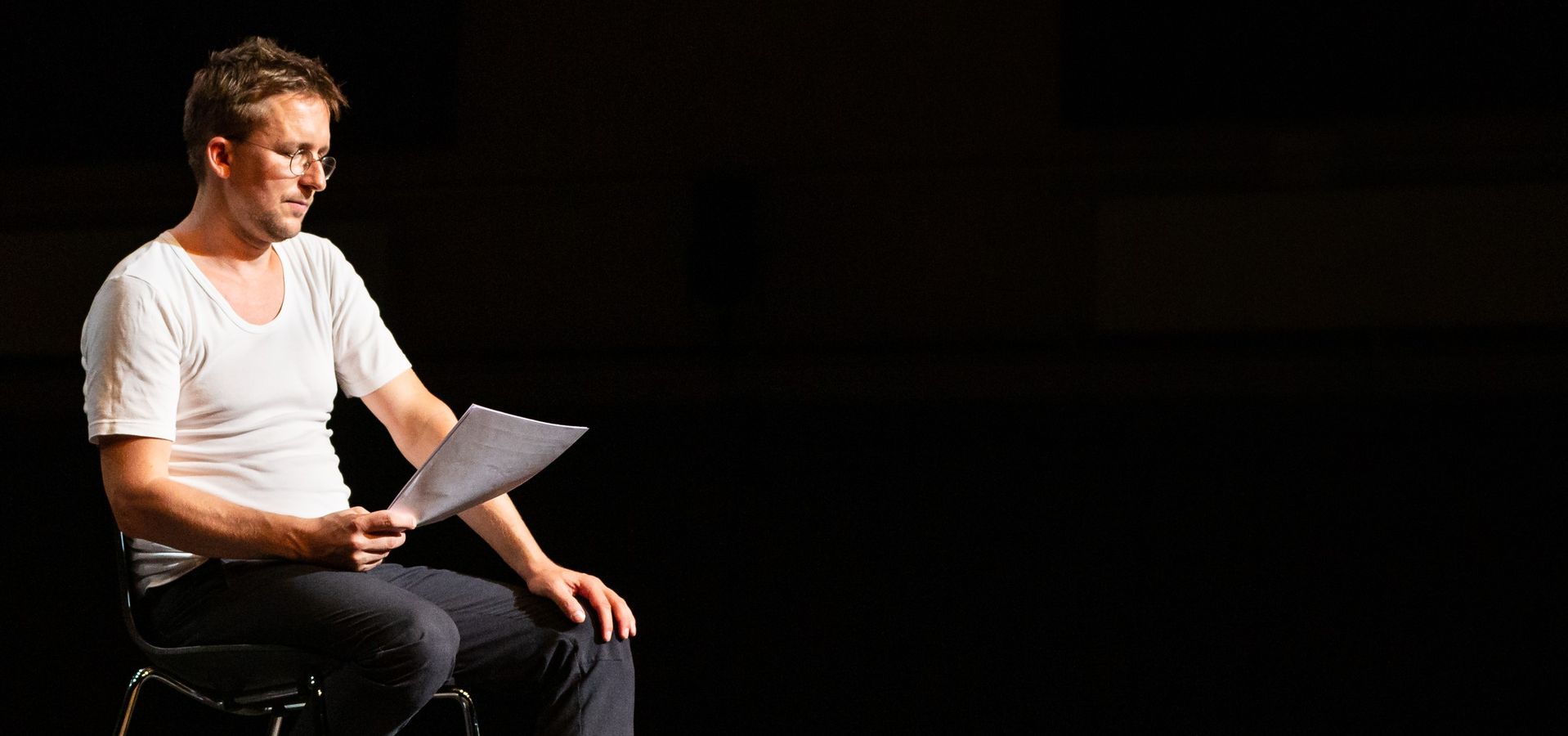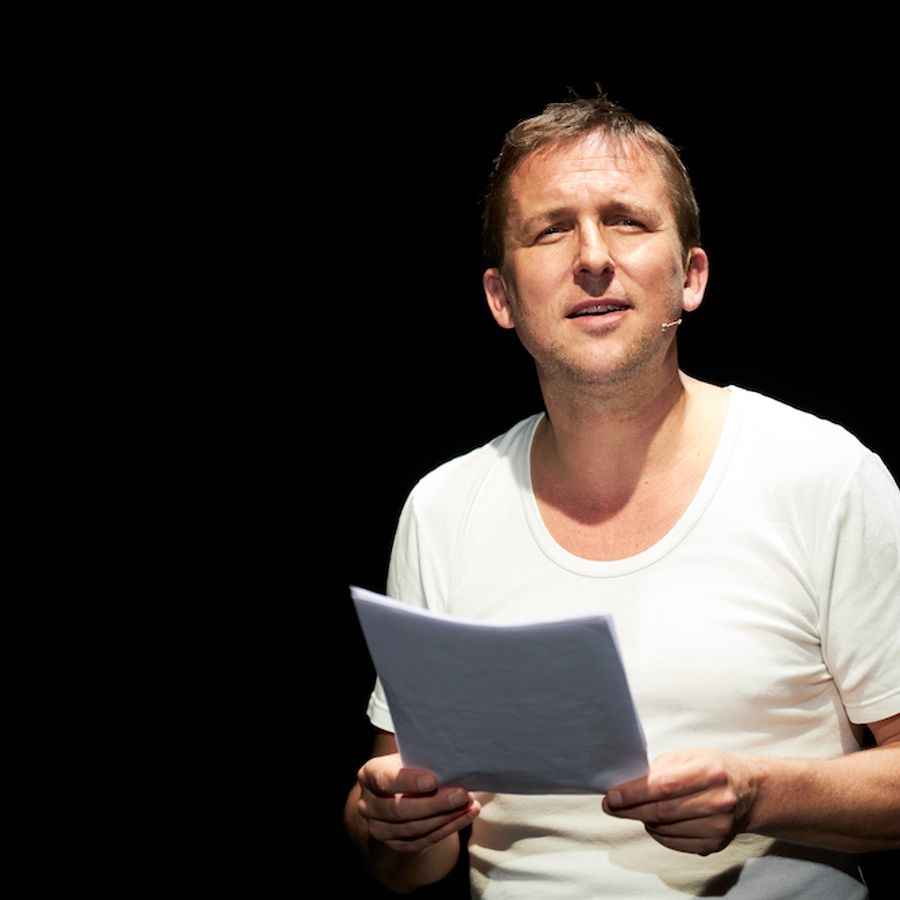
Boris Nikitin (CH)
Boris Nikitin is considered one of the most important voices in contemporary German-language theatre. His productions, texts and happenings have dealt with the representation and production of identity and reality.
They are border-crossings between theater of illusion and performance, between documentary and propaganda.
Biography
Boris Nikitin, born in Basel the son of Ukrainian-Slovakian-French-Jewish immigrants, is a theatre director and author. He is considered one of the most important voices in contemporary German-language theatre. For over thirteen years his productions, texts and happenings have dealt with the representation and production of identity and reality. They are border-crossings between theater of illusion and performance, between documentary and propaganda.
Nikitin's works are raw and confrontational, yet always precisely composed and always searching for the boundaries and breaking points of the aesthetic. "Like few others, Boris Nikitin is currently leading theatre to a critical point," writes the German professional journal Theater heute. In his latest plays and texts, Nikitin increasingly deals with the relationship between art and illness.
In 2017, Nikitin was awarded the J.M.R. Lenz Drama Prize of the city of Jena for his oeuvre. He received the Swiss Theatre Prize in 2020. Attempt on Dying was invited to the Swiss Theatertreffen in 2021, and came to Frascati in 2022.
Press
“It is very quiet in the theatre. (...) There is no "good evening" and "goodbye", but only a sudden coming and going. And in between, the pages of life are spread out, read out, tasted, thought through.” nachtkritik.de about Magda Toffler
“The text is just twenty pages long. And yet it contains an entire century […]” Nürnberger Nachrichten/Nürnberger Zeitung about Magda Toffler
“Because no one hears anyone else say anything, no one says anything." In this seeming tautology, Nikitin captures the manipulative power of surveillance states, documentation technologies, and collectives.” Süddeutse Zeitung about Magda Toffler
“What a risk! You can hardly expose yourself more. It could become exhibitionistic and embarrassing, slipping into the anecdotal. But the opposite happens. He gains strength and moves the audience. By publicly showing his doubts about himself and his vulnerability, they become his strength.” Bajour
Productions
